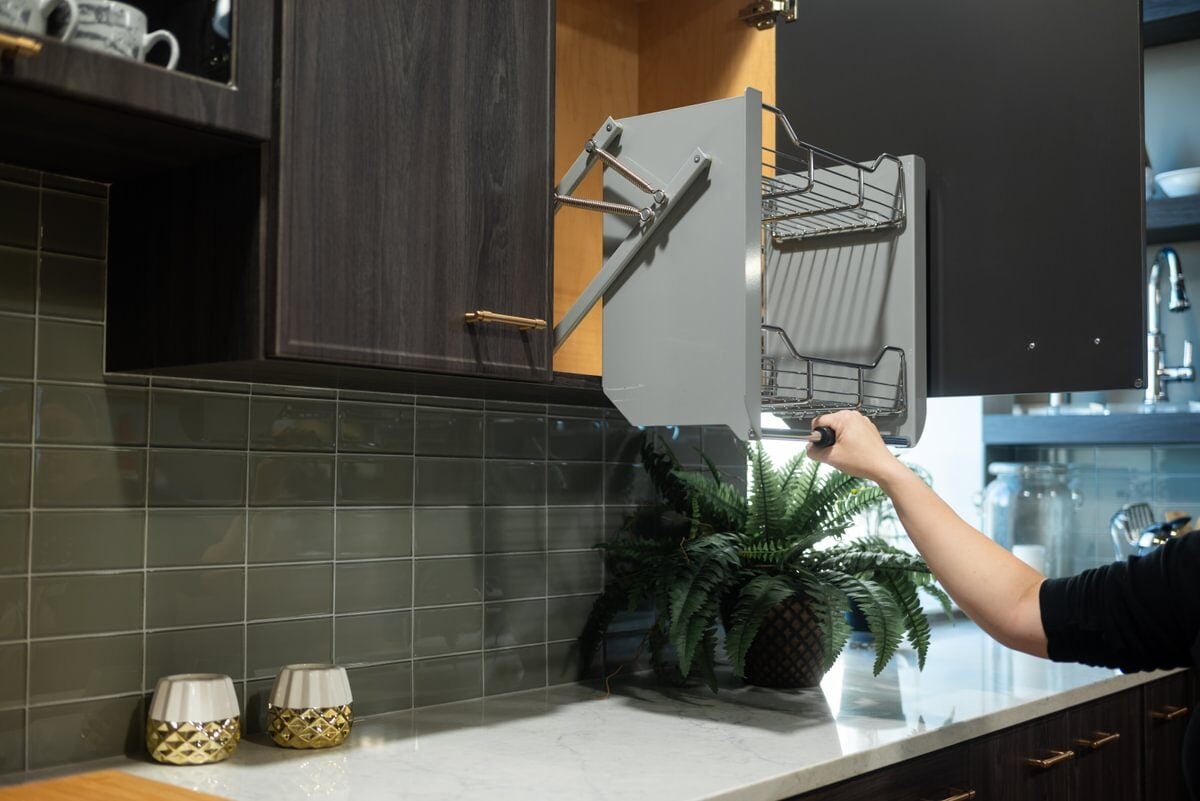A durable butcher block is a staple in any kitchen. It can be used so much that it becomes a part of the countertop, and a piece that stays in your kitchen for a long time, granted that it is properly cared for. The wood used to make butcher blocks is durable, but can be easily nicked from countless knife use, and can be refinished over and over to keep its shine.
Because butcher blocks are in constant contact with food, they are not finished with traditional finishes used for cabinetry. Instead, butcher blocks require to be finished with oils that are free of harsh commercial substances. But these safer finishing oils break down much more quickly, especially when they are frequently exposed to utensils and moisture from food.
Today’s blog will give you three tips to keep your butcher block from growing bacteria or drying out over time.
Keep it Clean
Because your butcher block is used to prepare food, it is most important that you keep it clean. You can regularly clean your butcher block with dish soap and a sponge, then dry it with a dish towel to remove any excess moisture.
Another great way to remove excess moisture is to lightly scrape food particles from the block with the edge of your metal spatula. To best remove bacteria from your butcher block, keep a spray bottle filled with distilled, white vinegar on your countertop.
Vinegar is most effective in getting rid of E Coli and salmonella, but it is safe to use on surfaces that come in contact with your food.
Remove those Stains
Removing stains is another imperative way to keep your butcher block in tip-top shape. The most common and safe stain removal is to simply use lemon and table salt. Just sprinkle the table salt over the stain, and use the lemon as a sort of sponge. With half of the lemon, rub the salt into the stain and let the salt and lemon mixture sit on the block overnight. The next day, clean it off with a damp sponge, and watch your stain disappear. Lemon and salt are great for stains that leave odors behind, like onion stains.
Baking soda can remove stains by drawing the stain out of the wood. Work the baking soda into the block, let stand for a few minutes and clean off. If these natural ways cannot remove the stuck on stain, you can sand the stain away with coarse papers from 80-220. If you choose to sand the stain, be sure to sand the entire board for uniform smoothness, and apply a coat of finish when you’re through.
Apply Finishes
Applying food-safe finishes to your butcher block is the best way to keep it like new for years to come. Butcher blocks quickly absorb oil finishes, and if your block is in good shape, you simply have to clean the surface, apply the oil and let it sit for 20 minutes. If the oil pools in certain areas, you can scrape off the excess and quickly apply another coat. Try mixing a spoonful of warmed beeswax into the oil for more durability and a natural shine.
Remember: stick to natural finishes, like mineral oil and walnut oil, but don’t use cooking oils, which can spoil and ruin your butcher block.









